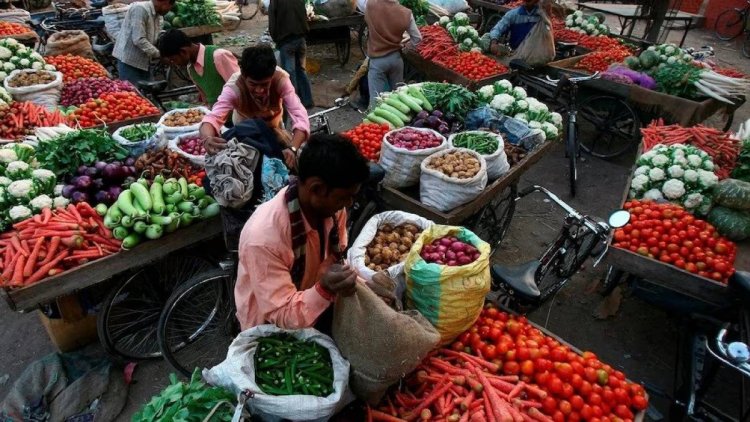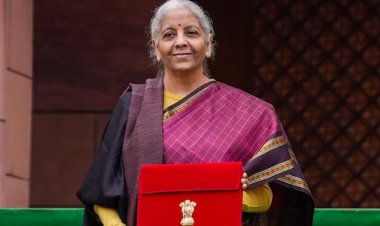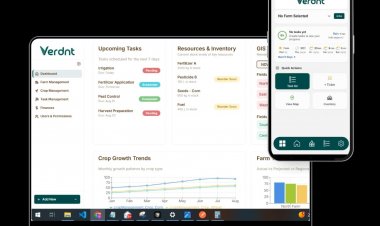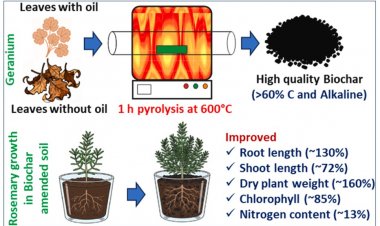Govt, RBI on the same page for supply-side management to rein in inflation
Stock limit for wheat traders, extension of ban on onion export till March 2024, putting brakes on ethanol from sugarcane and prohibiting exports of de-oiled rice bran are amongst a slew of supply-side management measures of the government for reining in inflation, months ahead of general elections to the Lok Sabha. The Reserve Bank of India too is unwilling to reverse the high interest rate cycle, citing ''uncertainties in food prices''.

Stock limit for wheat traders, extension of ban on onion export till March 2024, putting brakes on ethanol from sugarcane, and prohibiting exports of de-oiled rice bran are amongst a slew of supply-side management measures of the government for reining in inflation, months ahead of general elections to the Lok Sabha. The Reserve Bank of India too is unwilling to reverse the high interest rate cycle, citing ''uncertainties in food prices''.
While retail inflation has dropped from its peak, it is well above the RBI target of four per cent, with the 5.56 per cent print for November 2023. What is bothering both the government and the RBI is the price rise of food items, reflected in the Consumer Food Price Index of 8.70 per cent.
While onion growers in Maharashtra stage protests against export ban and there are murmurs against export restrictions on wheat and rice, the government is left with not much of a choice but to somehow manage supply with these interventions. These measures are not restricted to exports, but also liberal imports like pulses. Close to two million tonnes of pulses were imported between April and October this year to boost supply. Despite these imports, the retail inflation for pulses and products persisted at 20.23 per cent. Likewise, export restrictions are explained by 10.27 per cent increase in CPI for cereals and products during November 2023. But for a negative 15.03 trend in prices of fats and oils, the overall retail inflation would have shot up again to the extreme discomfort of the RBI and the government which seems to be in election mode.
The good thing is both the government and the RBI know well that inflationary pressure is coming from a setback in Kharif output due to the uneven spread of the Monsoon. The RBI stated it in an unambiguous manner in the December 8 credit policy statement. ''Uncertainties in food prices along with unfavorable base effects are likely to lead to a pick-up in headline inflation in November-December. Kharif harvest arrivals and progress in rabi sowing together with El Niño weather conditions need to be monitored. Adequate buffer stocks for cereals and a sharp moderation in international food prices, along with pro-active supply side interventions by the Government may keep these food price pressures under check,'' it said.
The emphasis of the RBI monetary policy statement was on supply-side measures by the government by way of adequate buffer stocks for cereals. Well, that would continue to remain a challenge given the domestic and international output scenario. Rural Voice has carried several reports highlighting shortages of output in foodgrains. According to these reports, Kharif rice production was estimated to lower by close to four per cent at 106 million tonnes. Likewise, the projections for the Rabi crops, mainly wheat, are not too bright either because of late sowing of the crop.
Short point is: inflation despite low crude oil prices, is not going any time soon posing continuous challenges for the government. While inflation is seen to be not an election issue in a polarised polity, it does have an impact at least in select areas. So, expect more measures from the government for export restrictions while RBI may not oblige with any cut in the interest rates at least in the current financial year.
(Writer is a senior Journalist)



 Join the RuralVoice whatsapp group
Join the RuralVoice whatsapp group








































